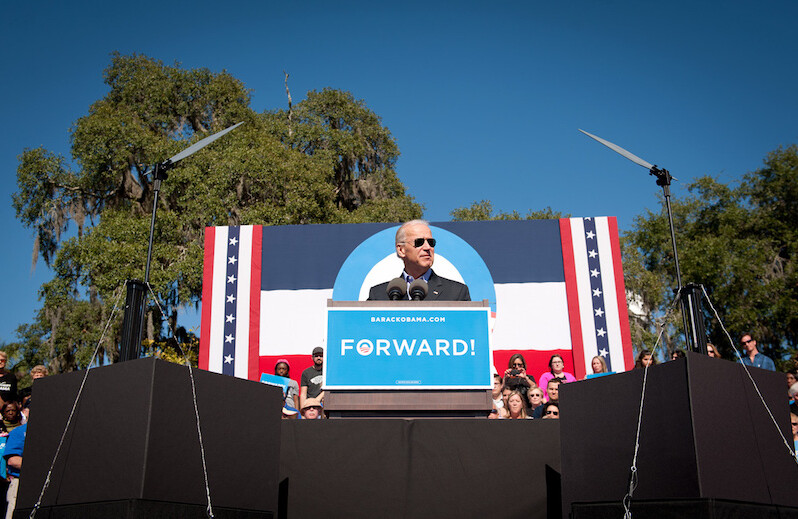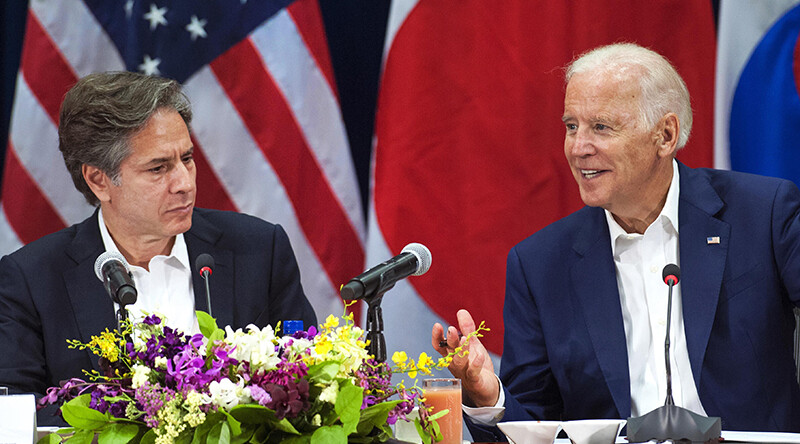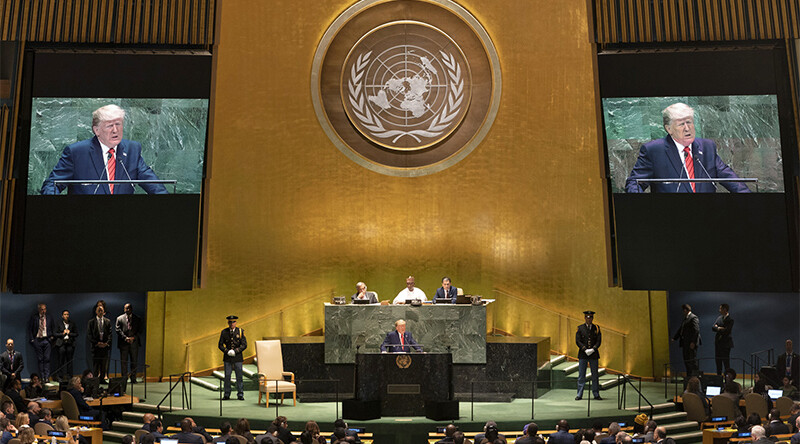This article first appeared on the Ethics & International Affairs blog.
Simplistic assessments of U.S. foreign policy like to paint the policy divide BETWEEN values and interests. The reality is that policy often must choose between different and competing values. Last month, we noted the "ethical tensions" emerging between different camps that will most likely comprise the Biden/Harris administration's national security team.
Writing in Politico, Nahal Toosi charts a major landmine moving forward: the desire to convene a summit of the world’s democratic states to forge common responses to global problems, running up against the list of countries, not simply clearly authoritarian states like China, but key partners like India and allies like Poland or Hungary, which may not qualify depending on the criteria used. She quotes a Middle Eastern diplomat who asks: "If Covid-19, technology or climate change is on the agenda, how effective will it be if it’s a small tent?"
Depending on the criteria used, a summit may end up looking largely like the G-7: primarily Western and Northern in its composition, not truly global. And, based on my observations in Washington, there will be a good deal of pressure to include U.S. allies and partners even if their records on democratic governance fall short, but that if the measure of democracy is equated with geopolitical support for Washington's policy positions, the very concept is de-legitimized. As Toosi notes, "Lots of governments claim to be democratic but aren’t, and letting them show up could lend legitimacy to their false assertions."
But if the U.S. wants to put together durable coalitions to tackle transnational issues, prioritizing a summit of democracies (or, as Toosi points out, a summit "for democracy" which allows for some wiggle room on the exact status of the invitees) may not be the best use of the administration's political capital if hard choices are going to have to be made to deal with the negative impacts of climate and pandemic disruptions which do not particularly care if governments are democratic, authoritarian or some mix of the two. Yet the new team wants to signal "the U.S. won’t shy away from defending democratic norms."
In the forthcoming report that the U.S. Global Engagement project will release summarizing the results of its 2020 polling, Americans want to support democratic values and to work more closely with democracies—but they also want to see the U.S. find a way to achieve meaningful cooperation with China on issues like climate change.
During the 1990s, the tag line of the Clinton administration was "we don’t have to choose" when faced with these competing ethical positions. Today, the thinking may be that a coalition of democratic states may still have enough heft within the international system to set an agenda that other states will acquiesce to—but if that doesn’t manifest itself, we will see the re-emergence of a debate as to whether securing the ecosystem is a higher moral priority than defending human rights.




